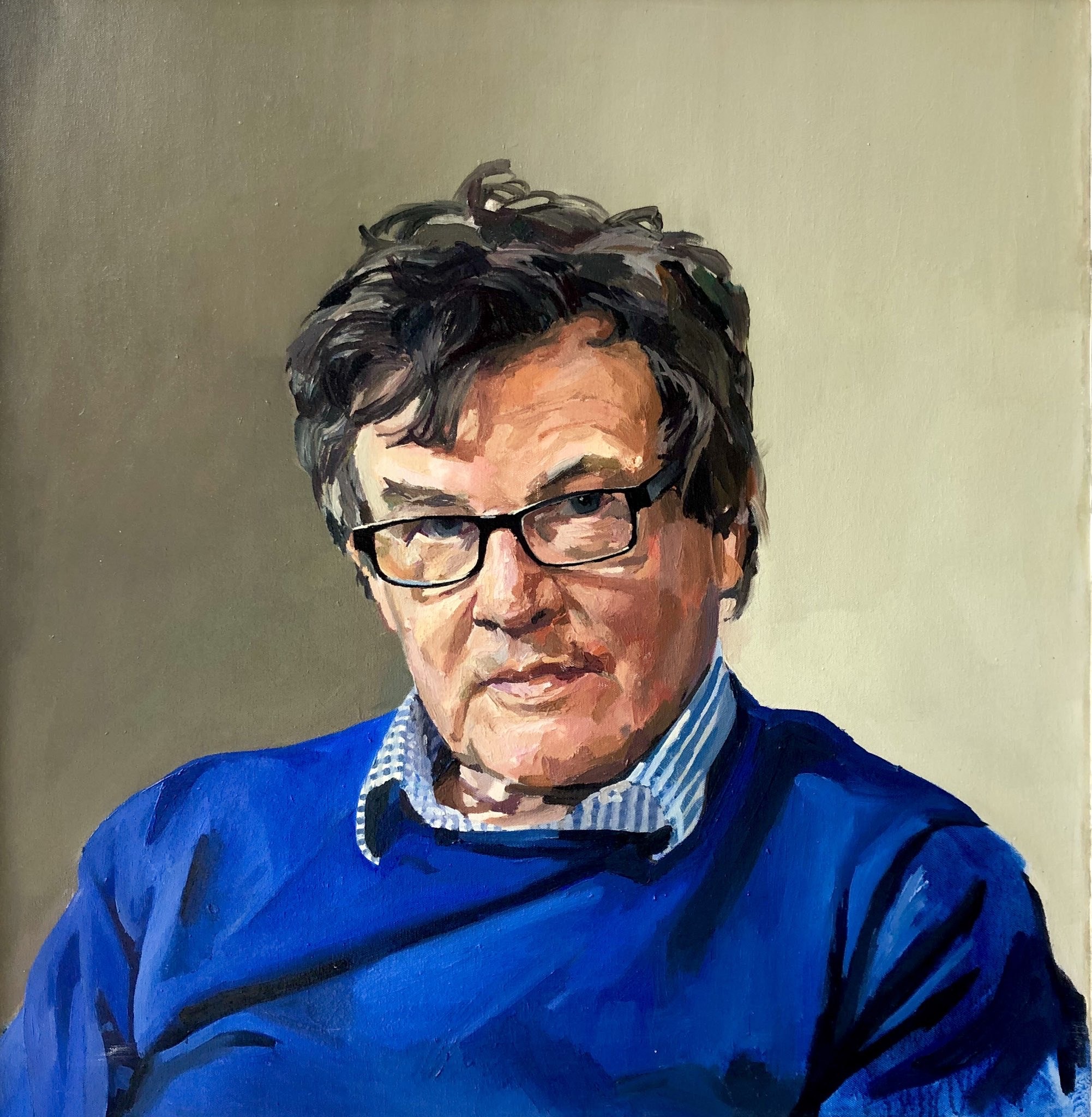Peter Oborne worked with Boris Johnson. For four years, he was dazzled by his brilliance when Johnson was editor of The Spectator. Johnson, he says, had one of the quickest minds he’d ever encountered. “They were magical years, “ he says in his interview with The Currency. “I felt enormously privileged to work for him when he was the editor of The Spectator. He was an uncannily brilliant editor who always had this unique ability, in my long experience in journalism, to see to the heart of a story.” Johnson could grasp any topic instantly and was “a joy to…
Cancel at any time. Are you already a member? Log in here.
Want to continue reading?
Introductory offer: Sign up today and pay €200 for an annual membership, a saving of €50.

